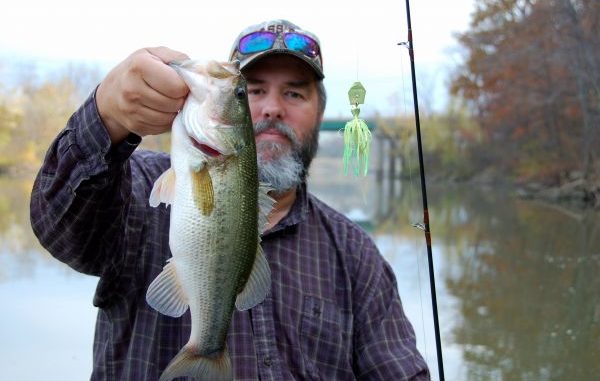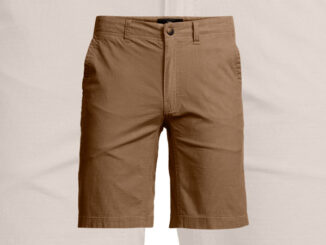
Help managers by eating more fish
Old dogs can learn new tricks. Proof of that came in January when the Louisiana Department of Wildlife and Fisheries’ Mike Wood announced that slot limits should be dropped on six lakes that have been part of the state’s quality-lakes system for more than 20 years.
The decision by Wood, who heads up the freshwater section of the LDWF’s Fisheries Division, came as a surprise to me. After all, I remember Wood from my days at the agency, when he was a staunch proponent of a state system of quality lakes.
In fact, Caney Lake was under his supervision, and it was pumping out state records left and right — at least until another section of the department (against Wood’s strong opposition, if I recall rightly) dumped gobs of grass carp into the reservoir and ruined the world-class fishery.
But Wood has proved himself one who understands that fisheries are there to provide recreation to his constituency. He already led the way to dropping the 14-inch length minimum for bass that had ruled in the Atchafalaya Basin since Hurricane Andrew ravaged that fishery.
Wood’s mantra is pretty simple: If a regulation isn’t working, then it shouldn’t be kept.
In the Basin, the 14-inch minimum never produced bigger bass as supportive anglers hoped (for what it’s worth, that was never the goal of the regulation); and, in the case of the lakes in question now, slot regulations have failed to produce lunkers on a consistent basis.
Howls of protest are sure to come. One Facebook user already voiced what many anglers will claim: “If (a slot limit is) enforced, it will work.” The belief that anglers are taking out too many bass to allow the production of quality fish is common — especially among tournament anglers.
However, scientific surveys indicate the real problem is that folks aren’t frying up enough bass from these lakes. That’s in line with what every fishery biologist I’ve asked over the past decade has confirmed: The catch-and-release philosophy has been oversold.
How can that be? Well, a specific habitat can support only so many pounds of fish — a lot of tiny fish or fewer hefty bass. So it’s imperative that a good portion of any bass population be weeded out to allow survivors to eat more groceries and grow to lunker proportions.
But when you add the lack of harvest to the fact that aging lakes provide less habitat, you end up with regulations that can’t be successful.
So if you want to catch a lunker, you play a part.
While you can’t do anything about aging habitat, you can help out by keeping a few bass. I plan on doing my part this year.


